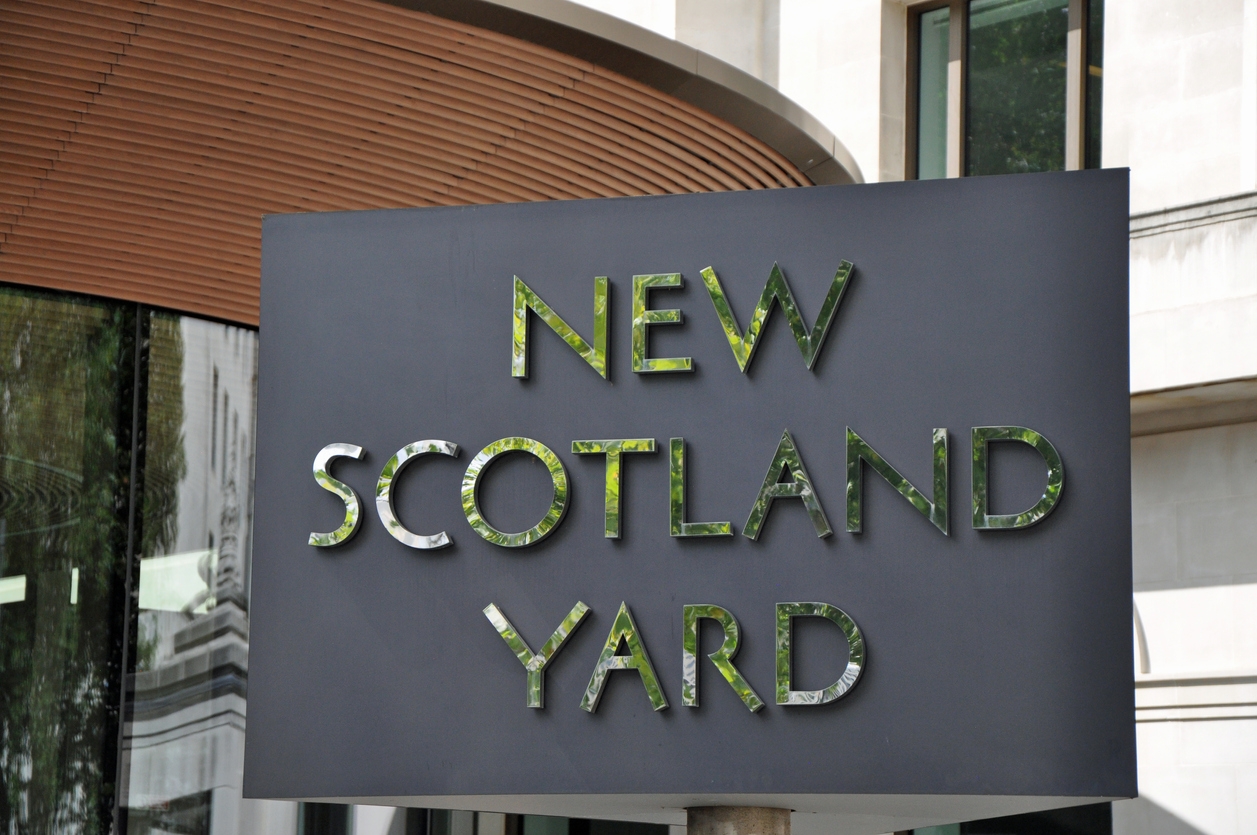Sir Richard Henriques, the former High Court Judge who published a devastating report on Operation Midland – the Metropolitan Police’s investigation into a fictitious ‘VIP paedophile ring’ made up by Carl Beech and others – has called for a criminal investigation into the officers who botched the investigation. Amongst a catalogue of other failings, officers are accused of misleading the Senior District Judge for England and Wales into issuing search warrants, by describing Mr Beech as ‘a credible witness who is telling the truth.’
Sir Richard’s report was published over four years ago. The Met’s response has been characterised by delay, confusion and obfuscation. On the one hand Bernard Hogan-Howe – the Commissioner at the time – apologised to Lady Brittan, and the force has paid out large sums in compensation to her, and to Lord Bramall and Harvey Proctor.
On the other hand, senior officers involved in the investigation appear to have not suffered much in the way of sanctions or career impediment. Hogan-Howe became a peer on his retirement. Steve Rodhouse – the so called ‘Gold Commander’ of the investigation – left the Met to become a director general at the National Crime Agency on a salary of £240,000. Cressida Dick, who was at least notionally responsible for supervising the senior investigating officer, was promoted to Commissioner. All the officers investigated by the Independent Office of Police Complaints were swiftly cleared of any wrongdoing.
The official police position seems to be that although Midland was a fiasco, no one should take any responsibility for it.
What of Sir Richard’s many recommendations? He writes this week, that ‘so far as I know not one of my recommendations has either been accepted or rejected by the Metropolitan Police.’
One of the most important recommendations he made was that:
‘The instruction to “believe a victim’s account” should cease. It should be the duty of an officer interviewing a complainant to investigate the facts objectively and impartially and with an open mind from the outset of the investigation. At no stage must the officer show any form of disbelief and every effort must be made to facilitate the giving of a detailed account in a non-confrontational manner.’
It was this absurd instruction – coupled with the practice of describing complainants as ‘victims’ or ‘survivors’ – that led to the Operation Midland officers dancing to Carl Beech’s tune for so many years. It was their description of him as ‘truthful’ that led to the search warrants being issued. It also encouraged other dishonest complainants to ‘come forward’ with yet more lies. Why wouldn’t they if they are told they will always be believed?
A report last year by the Justice Inspectorate found an understandable confusion and uncertainty amongst individual officers about what the Met’s policy actually now is – and no wonder. One officer told the inspectors that ‘because she had been told always to believe a victim, she didn’t think she would ever disbelieve,’ a bizarre reversal of the traditional copper’s ABC: ‘Assume nothing, Believe nothing, Check everything.’ Others made the perfectly sensible point that whatever the official policy is, officers cannot be made to believe things that they don’t actually think are true. There seems to be a subtle distinction between ‘believing a victim’ for reporting purposes (which is encouraged) and ‘believing a victim’ for investigative purposes (which is not).
The directive to ‘believe the victim’ is still very much alive at the national level. The Chief Constable of Norfolk Police, Simon Bailey, who is also head of Operation Hydrant, responsible for the co-ordination of nationwide investigations into historic child sexual abuse, told a Cumberland Lodge webinar last month that ‘a victim should come forward and be confident that they will be believed.’ Only then, he said, should the investigation proceed impartially. It is extraordinary that this nonsense is still seriously being promulgated by the most senior officers in the country.
Troublingly, Bailey pointed to the ‘high conviction rate’ for ‘non-recent’ sexual abuse cases brought to court, as if that were conclusive evidence that the police have the right policy. But what if a high conviction rate is a reflection of biased investigations, predicated on the assumption that ‘victims’ do not lie?
The police seem to want to believe that it was Carl Beech alone who was responsible for Operation Midland, as if he was the kind of criminal mastermind who would have bamboozled an investigation team led by Sherlock Holmes himself. He was not. He was simply a liar – and not even a very good one – greedy for cash, fame and adulation, who would have got nowhere were it not for the idiocy of an official police policy that required officers to behave as if they believed him.
It is patently clear that neither the Metropolitan Police nor the College of Policing has learnt the appropriate lessons from Operation Midland. The public is entitled to ask: if that was the standard of policing in one of the most high-profile inquiries of recent times, conducted by the cream of the country’s finest police force, what hope is there for the fair investigation of ordinary historic cases? What chance does justice stand when officers say they are incapable of disbelieving a ‘victim’?
The time has come for a full, open and independent judicial inquiry into Operation Midland, and the way that other inquiries into historic sexual allegations have been investigated.






Comments